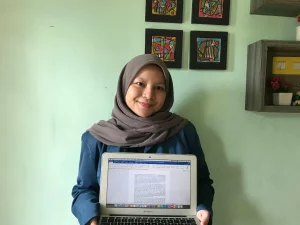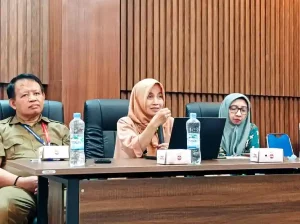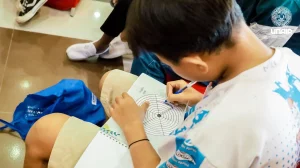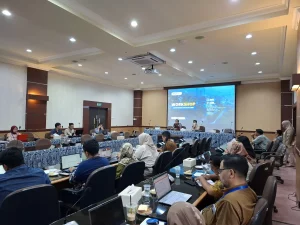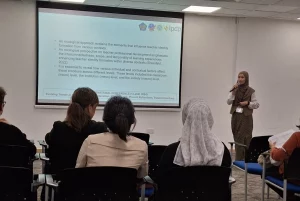Bacteria Escherichia coli and Salmonella Typhimurium can be a threat to human health. These two types of bacteria can be found in the human digestive tract and can be biological contaminants in food products that threaten health.
For example, E. coli infection can cause diarrhea until death. Likewise, typhus can be caused by Salmonella. Therefore, the proper way of handling food products is a priority in maintaining food security of processed fish.
So far, fish handling based on high temperature (thermal process) or low temperature (refrigeration) is the most commonly used method. Besides having a long history and adequate data to maintain product quality, these two methods are most easily obtained in the market.
However, both methods have weaknesses, especially in the aspects of cost and changes in the physical quality of the product. That is, the use of thermal processes has an impact on the shape, colour, and texture, which then affects the attractiveness of the product itself.
Various methods continue to be developed to overcome these problems as has been studied by students and lecturers of the Faculty of Fisheries and Marine Universitas Airlangga.
In the article entitled “The Application of a High Voltage Electric Field (HVEF) to Reduce Escherichia Coli and Salmonella Typhimurium Bacteria in Red Snapper (Lutjanus sp.) Fillets”, Dimas Jaya Subakti, Heru Pramono, and Dr. Rr. June Triastuti attempts to apply high voltage electricity to treat bacterial contaminants.
The findings show that the application of 10 kv / cm electricity voltage can reduce E.coli up to 32.67 MPN / g or safe for consumption. Although the use of electric voltage is known to have been unable to inhibit Salmonella in this study, this opens up further research opportunities to improve the quality of processed Indonesian fresh fish products that can compete on the global scene. Further articles can be read at the following link: https://iopscience.iop.org/article/10.1088/1755-1315/236/1/012117/meta
Author: Heru Pramono
Department of Maritime Affairs, FPK UNAIR



